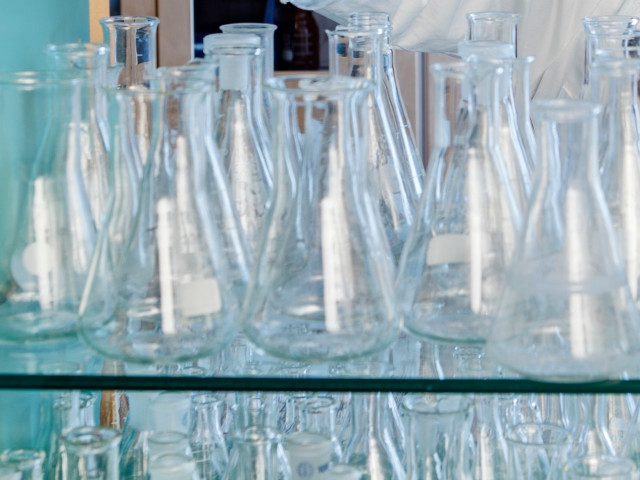The course comprises fundamentals, basic requirements, and design principles for separation processes. Detailed descriptions and analyses of common unit operations are given. The fundamental mechanisms of phase equilibria and mass and/or heat transport and how the mathematical formulations of these mechanisms can be used in the design are also treated, as well as matters concerning the practical design of apparatus. The course also includes more empirical design methods, primarily for stage apparatus and continuous apparatus for common unit operations.
In an investigation assignment, the group is given a separation problem and is supposed to explore the basis for separation, analyse the most important features influencing the design, find the necessary data and make an adequate description of the design. In one experimental laboratory exercises the group is to plan an experimental programme to solve a given problem, perform experiments and analyse their results.
The overall aim is to provide a more deep understanding of the general fundamentals such as mass and energy balances, phase equilibria and kinetics. You will be able to relate these principles to some specific separation processes and even to generalize them to other separation processes. You will be able to find suitable solutions to real problems by using experience and judgment.
After the course you should be able to
-Identify proper separation methods for practical separation problems.
-Analyse a separation problem and suggest proper solutions to obtain an effective separation process or to improve an existing separation process.
-Solve different kind of separation problems.
-Describe and compare the different separation processes, their characteristics and applications.
-Explain how different variables, physical properties and momentum, heat and mass transport influence a specific separation process and what impact they have on the design of the equipment.
-Design simple separation equipment.
-Plan and perform laboratory experiment to support and evaluate or achieve solutions to a separation problem.
-Apply equilibrium equation for more complex separations in multicomponent system and nonideal systems.
